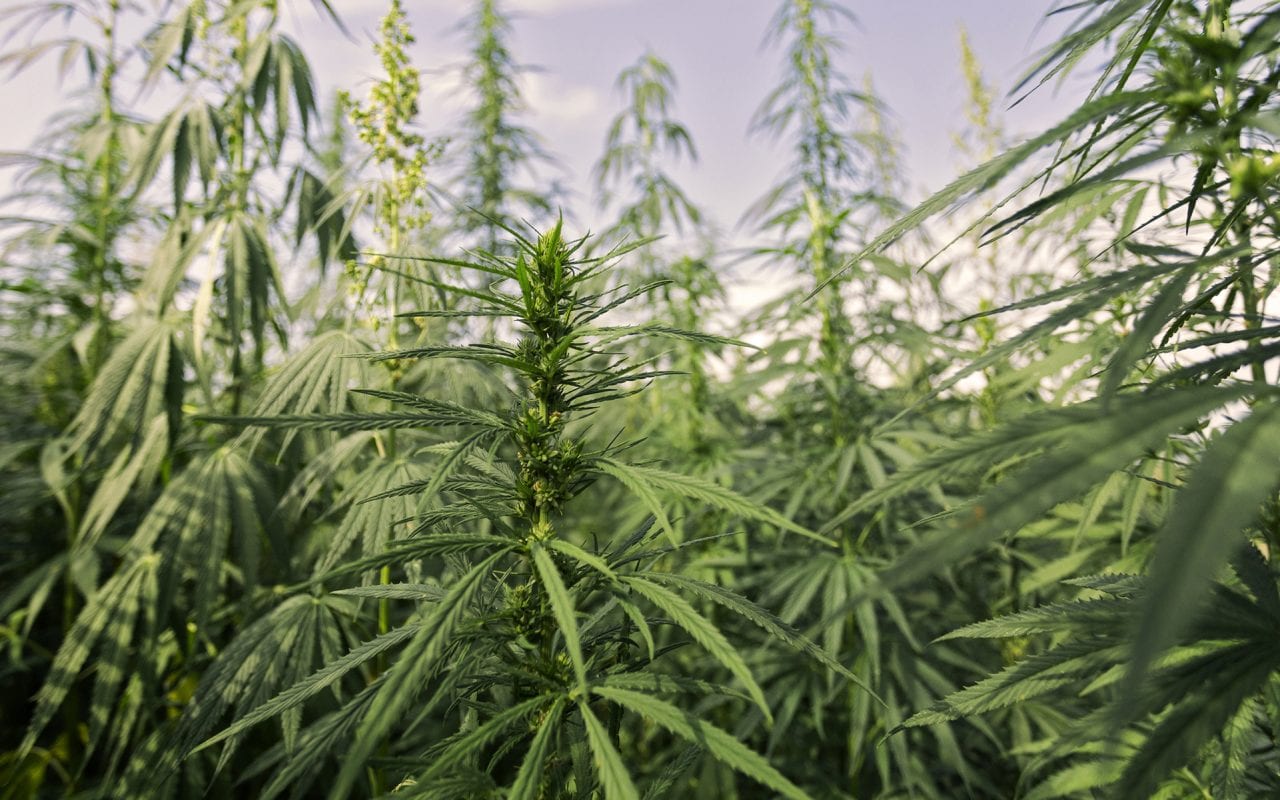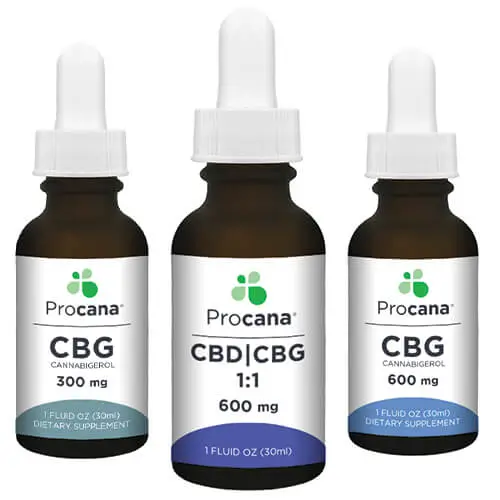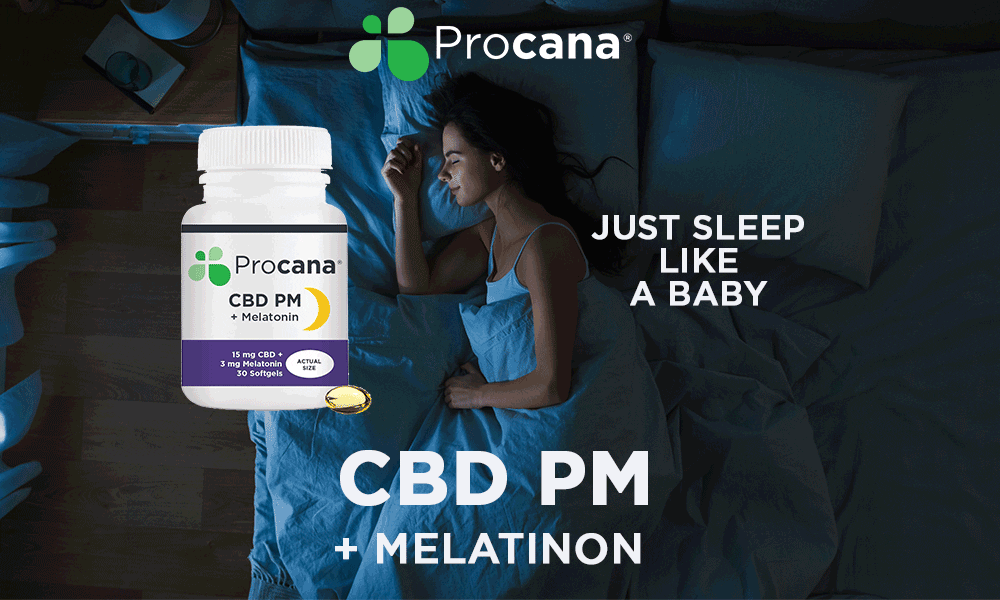Are you looking for everything about CBG in medical terms? If yes, you are not alone. Other than CBD and THC, there is more to the hemp and cannabis plant. CBG (Cannabigerol) is becoming the most popular cannabinoid with potential health benefits. Everyone is well familiar with the healing properties and therapeutic effects of cannabinoids. Yet, some are unaware of their health benefits.
Here Is An Ultimate Guide About CBG In Medical Terms
CBG, a precursor to other cannabinoids, is famous as a stem cell. It is rapidly changed into THC, CBD, and CBC. More research and studies are conducted after its remarkable properties in pharmacology. Unlike THC, CBG is non-psychoactive. Therefore, it can help you heal your medical-related problems without making you high. It is present in minor constituents yet better than other cannabis products.
CBG and Endocannabinoid System
ECS is an inbuilt system in the human body that regulates the body in its optimum state of homeostasis. The Endocannabinoid system consisting of CB1 and CB2 receptors is a biological system. CBG shows affinity to both receptors and strengthens the functions of neurotransmitters to alleviate pain. ECS performs different functions for each body part. For instance, after an injury, the ECS system will regulate the immune cells to limit inflammation. CBG acts on physiological systems and results in promising medicinal use.
How to Use CBG Medically?
CBG products come in various forms. It’s entirely people’s choice which method suits them best. Mostly, CBG is taken in the form of tablets, creams, and oils.
If you are consuming the CBG product sublingually, it will give you pain relief most effectively. First, you have to put the oil drops or pill under your tongue. Then hold it for 30-60 seconds, and you are good to go. Your tongue is capillary-rich which allows straight absorption of CBG into the bloodstream. Thus, giving fast onset of CBG.
You can also apply CBG products directly to your skin. It will heal your joint pain and relaxes your muscle. Your skin pores allow the absorption of CBG, but it does not enter the bloodstream. However, it interlinks with the body’s cannabinoid system. Just rub the topical into sore joints and muscles, use cuts and itchy spots, and apply to burn and blisters. Because of CBG’s anti-fungal and anti-bacterial properties, it is the best medication you can do at home.
Medical Benefits of CBG
CBG is trending primarily in the medicinal field. Why does it hold so many promises to its consumers? Because CBG has been identified as an anti-inflammatory, anti-stress, anti-bacterial, and anti-oxidant properties.
- CBG works to fight inflammation, nausea, and pain. It also shows possible benefits for skin conditions, glaucoma, and mediate bladder.
- Recent researches have suggested that it may help promote new brain cells even in older patients.
- It will reduce pain and treat stiff, achy joints. In addition, it’s healthy for sore muscles or joints.
- CBG is an anti-depressant compound that manages stress, anxiety, and depression.
1. CBG and Neuro-Inflammation
CBG reacts with the cannabinoid receptors present in the brain. It also works to alleviate paranoia caused by higher levels of THC. In addition, through the “cell membrane cannabinoid receptor mechanism,” CBG shows a beneficial effect on neuro-inflammatory and neurodegenerative processes. According to the study on phytocannabinoids, the results of CBG on CB1, CB2, and binding substances identify CBG as a potent anti-inflammatory agent. Theiler’s murine encephalomyelitis virus (TMEV) model of multiple sclerosis (MS) is useful to investigate its anti-inflammatory properties.
2. CBG and Cancer
When it comes to fighting cancer, CBG has been promising. Scientists have suggested that it can block the receptors that stimulate cancer-causing cells’ growth. In-vivo antineoplastic effects of CBG were evaluated using mouse models who have colon cancer. It was found out that CBG slows down the growth of cancer cells; thus, it is an anti-tumor.
3. CBG and Inflammatory Bowel Disease
IBD is an incurable disease affecting a lot of people. Studies have shown that CBG related compounds have a positive impact on IBD patients. In addition, CBG has undergone experiments on mice with colitis, which showed a great result. Thus, CBG can reduce inflammation in humans.
4. Improves Eye Health
In addition to protective effects on our nerves, it also improves eyesight. Our eyes have many endocannabinoid receptors with vasodilation properties. Scientific research has shown that cannabinoids can decrease intraocular pressure regardless of the route of administration. Thus, CBG prevents many eye diseases and infections. It is promising, particularly in treating glaucoma, as it has neuroprotective effects.
5. Appetite Stimulant
In 2017 research, it showed that CBG was a very effective appetite stimulant in rats. Thus, it may lead to a non-psychoactive option for cachexia, muscle reducing, and severe weight loss seen in many diseases such as last-stage cancer.
6. Pain Relief
Cannabis plants are well-known for their pain-relieving potential. Statistics showed that 97% of people use cannabis for chronic pain. CBG can regulate the release of GABA-a, a neurotransmitter. It helps calm pain, anxiety, insomnia, and panic disorders.
A National Academy of Science study reports that cannabis is quite helpful in pain-relieving. Moreover, research shows that CBG is more effective and potent than CBD or THC.
7. CBG and Bladder Dysfunction
CBG also aids in managing bladder dysfunction. Besides people’s experiences, the study has also proven the beneficial effects of five cannabinoids on bladder contractions. By the end of the survey, Cannabigerol was the most beneficial for treating different problems related to the bladder.
8. Strengthens Bone Growth
People suffering from bone fractures or sports injuries find CBG a useful cannabinoid. Recent researches show that CBD and CBG can speed up bone healing and slow down bone degradation. Cannabinoid receptors trigger bone formation and strengthen the tissues, thus, balancing bone metabolism.
Legal Status
Cannabigerol is present in both marijuana and hemp plants. In USE, CBG is not legal under the controlled substance act. But, cannabigerol derived from the non-psychoactive hemp plant is legal.
Final Words
CBG is a leading compound among all other cannabis derivatives, particularly in the medical field. Because of its tremendous medical benefits, It has stolen the spotlight. Health experts and scientists are still studying CBG thoroughly. Yet, studies have shown no side effects or illness from this compound. Therefore, it is going to serve as a potential option for managing symptoms in the future.





